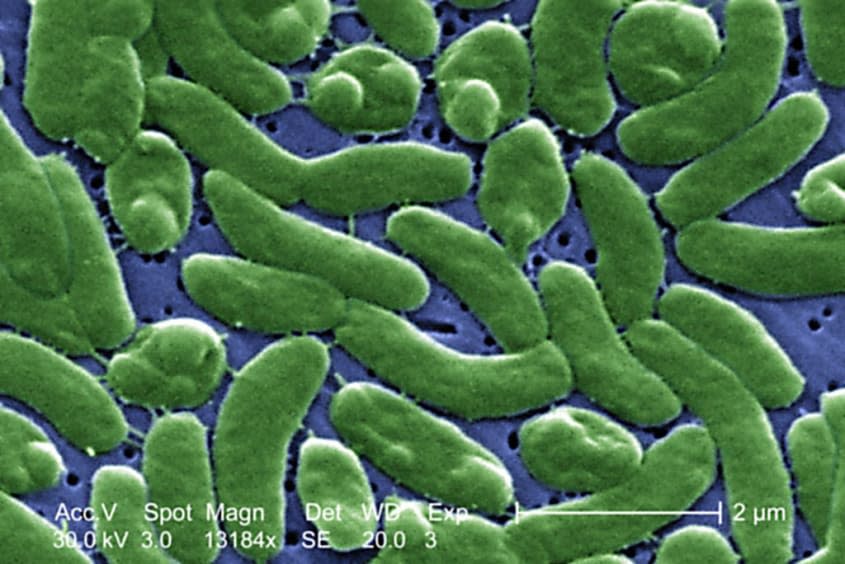A flesh-eating bacteria is growing in numbers due to climate change

The Centers for Disease Control and Prevention has released a health alert to healthcare providers to look out for infections of the "flesh-eating" bacteria known as Vibrio vulnificus. The bacteria is deadly and can be contracted by "eating raw or undercooked shellfish, particularly oysters," or "when an open wound is exposed to salt water or brackish water" that contains Vibrio, the alert said. The bacteria is naturally found in coastal waters.
The bacteria usually affects 150 to 200 per year and about one in five die from infection. Just this year, the bacteria has caused at least 12 deaths, Axios reported. Numbers have also been on the rise as temperatures have been rising.
"V. vulnificus is only active at a temperature that's above 13 degrees Celsius, and then it becomes more prevalent up until the temperature reaches 30 degrees Celsius, which is 86 Fahrenheit," Karen Knee, an associate professor and water-quality expert at American University, told Wired. Oceans have been reaching record-high temperatures, thus worsening the bacteria's presence. "The warmer water is, the more bacteria can reproduce faster," Gabby Barbarite, a researcher at Florida Atlantic University's Harbor Branch Oceanographic Institute, told USA Today.
Though deemed a "flesh-eating" bacteria, the infection kills tissue but doesn't eat it. In order to be infected, the bacteria must enter the body through food or a break in the skin, explained USA Today. Infection can cause, diarrhea, stomach cramping, nausea, vomiting, fever, and chills and can usually be cured with antibiotics. One species of Vibrio, however, can lead to a life-threatening infection and can cause death within two days. "All these changes in climate that we are seeing, including the tremendous heating of the oceans, is making the geography of infectious diseases change," Cesar Arias, a professor and chief of infectious diseases at Houston Methodist Hospital, told Wired.

